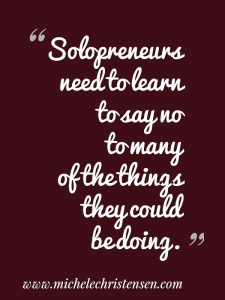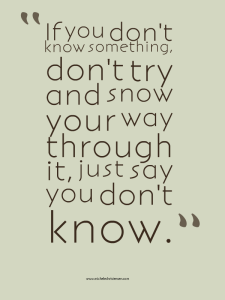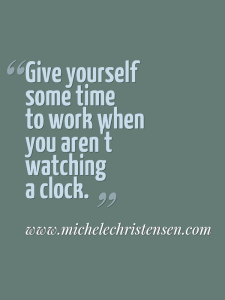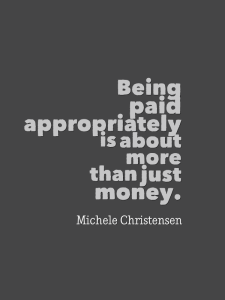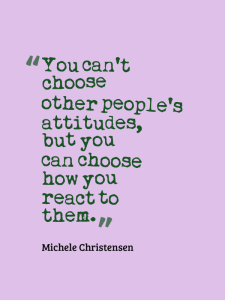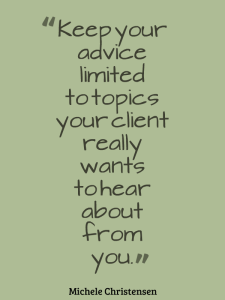 I’ve recently made a significant change in the way I manage projects and it has helped my productivity greatly! In this article, I’ll share the change with you and how it’s helping me.
I’ve recently made a significant change in the way I manage projects and it has helped my productivity greatly! In this article, I’ll share the change with you and how it’s helping me.
First, some background…
I used to decide on a project to complete for my business, figure out the scope of it, outline the steps to complete it and then set a target completion date. I based the estimated completion date on how long I thought the project would take and how much time I could put in daily or weekly. This worked pretty well, but I found that it didn’t always lead to spending the right amount of time on a project. How much time you spend on something should be proportional to the importance of it, and not necessarily proportional to how long it could take if done perfectly. Deciding what to do and how to do and THEN setting a time target meant that I could easily decide to spend weeks making a small website tweak that didn’t increase sales, profit or customer satisfaction. I didn’t really put this together at the time I was doing it. In the years I was a corporate project manager, this is more or less how we did it and it worked great.
The impetus for change…
I’ve had a big project I’ve wanted to complete since last fall. When I say big, I mean big both in terms of scope and in terms of how it will change my business. (Stay tuned, details coming soon!) It just dragged on and on, and in the meantime it isn’t available for people to buy so nobody is benefiting from it. It kept growing in scope as I worked on it (sound familiar? : ) ). I kept finding more and more to include in it. Finally, the exasperation got too great and I took a hard look at the project and decided to make some changes and get it done.
What I changed…
I picked a day on which to complete it and then downsized the scope so that I could meet that deadline. I realized that this project was something that could grow without any natural limit, so I had to place a limit on it myself. Once I picked the day it would be done, I worked backward to put some milestones in place. I’m just a few days away from that first milestone, and it looks like I’ll make it but only barely.
The Result…
The results of this one very small change (picking a deadline and adjusting the project to meet it) have been amazing. I feel so much more energized on this project because I know it will be out in the world soon rather than at some distant date in the future. It’s easier to get to work on it knowing my time on it is finite. Somehow, just knowing I’ll get the satisfaction of having it done in a short time makes it so much more enjoyable to work on.
Conclusion…
Even though I had years of experience as a project manager, this was a big shift for me. If you aren’t managing your projects at all, I invite you to try setting deadlines and milestones to help you get some big things done.
What do you have lagging that you need a boost to complete? Share it in the comments and tell me if setting a deadline helped you get it done.
Deciding what to work on and how much time to spend on it is one of my favorite things to coach on! Click here to set up some time for us to sort through everything that’s on your plate.

